Compound A is a D-aldopentose that on oxidation with dilute give optically active aldaric acid B. On Kiliani-Fisher chain extension shown below. A is converted into C and D-glucose
Answer the following three questions based on the above information.
Which of the following represents the alpha anomer of C ?
A
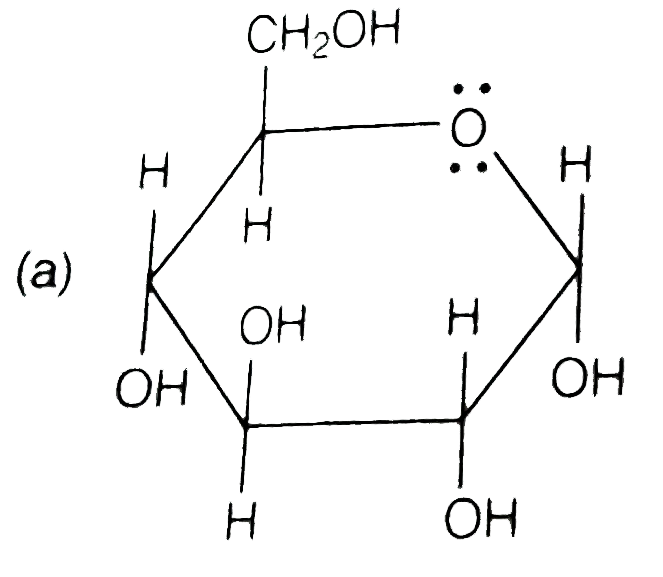
B
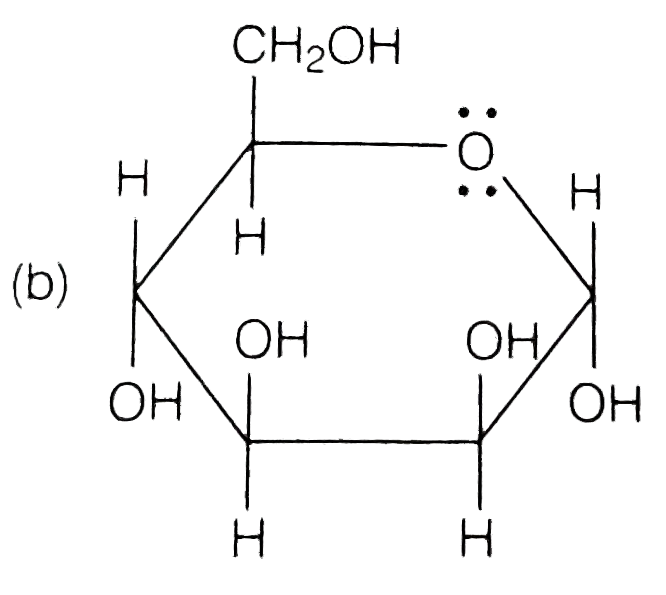
C
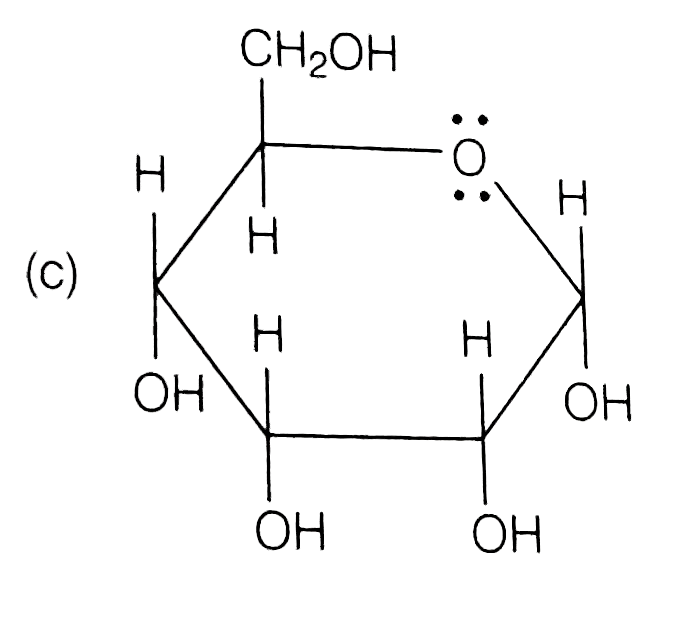
D
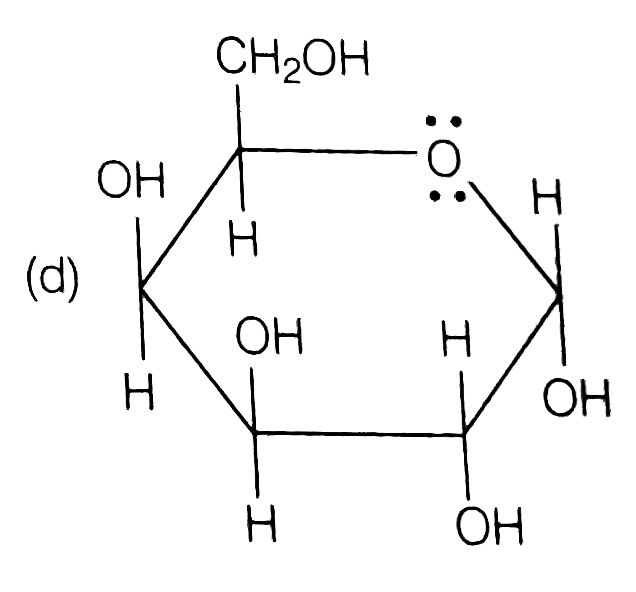
Text Solution
The correct Answer is:B
|
Topper's Solved these Questions
- BIOMOLECULES AND CHEMISTRY IN DAILY LIFEBook:IIT-JEE PREVIOUS YEAR (CHEMISTRY)Chapter:BIOMOLECULES AND CHEMISTRY IN DAILY LIFEExercise:Chapter Test
Explore 9 Videos
- BENZENE AND ALKYL BENZENEBook:IIT-JEE PREVIOUS YEAR (CHEMISTRY)Chapter:BENZENE AND ALKYL BENZENEExercise:JEE Main And Advanced
Explore 56 Videos
- CARBOXYLIC ACID AND THEIR DERIVATIVESBook:IIT-JEE PREVIOUS YEAR (CHEMISTRY)Chapter:CARBOXYLIC ACID AND THEIR DERIVATIVESExercise:CHAPTER TEST
Explore 3 Videos
Similar Questions
Knowledge Check
Compound A is a D-aldopentose that on oxidation with dilute NHO3 give optically active aldaric acid B. On Kiliani-Fisher chain extension shown below. A is converted into C and D-glucose
A(An aldopentose)HCN−−−−−→H2OH3/Pd−−−−−−→BaSO4C+D−Glucose
Answer the following three questions based on the above information.
Which of the following is not true regarding C and D-glucose ?ABoth will form same osazone on treatment with excess of phenyl hydrazoneBBoth are reducing sugarCBoth will form same aldaric acid on treatment will dilute HNO3DThey are diastereomers.Compound A is a D-aldopentose that on oxidation with dilute NHO3 give optically active aldaric acid B. On Kiliani-Fisher chain extension shown below. A is converted into C and D-glucose
A(An aldopentose)HCN−−−−−→H2OH3/Pd−−−−−−→BaSO4C+D−Glucose
Answer the following three questions based on the above information.
Which of the following on oxidatiobn with dilute HNO3 will produce an enantiomer of B ?A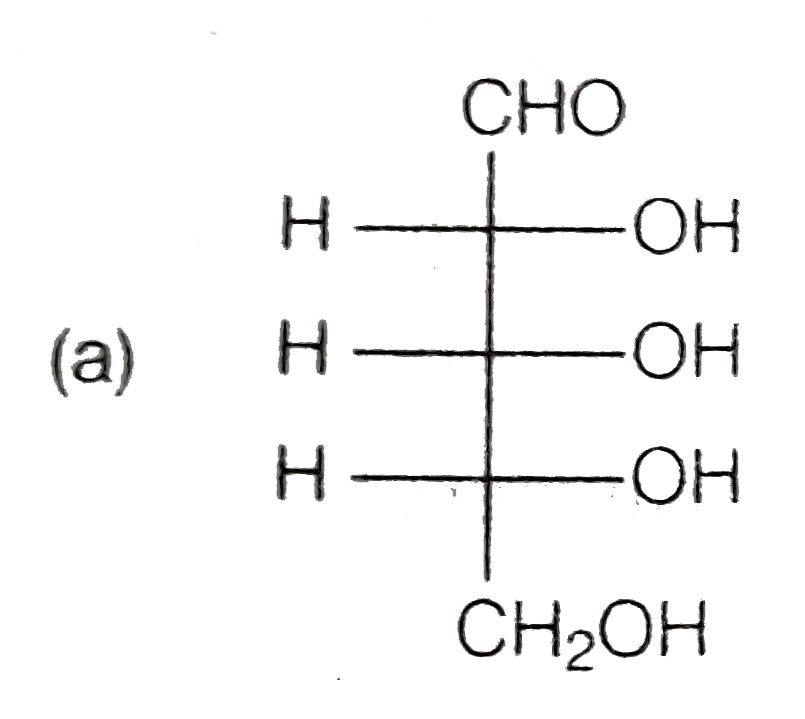 B
B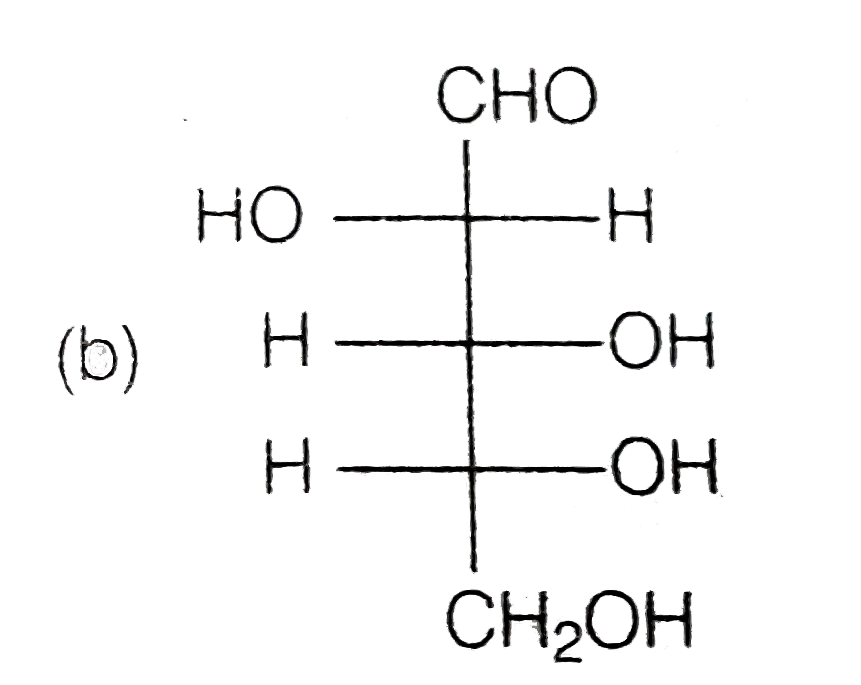 C
C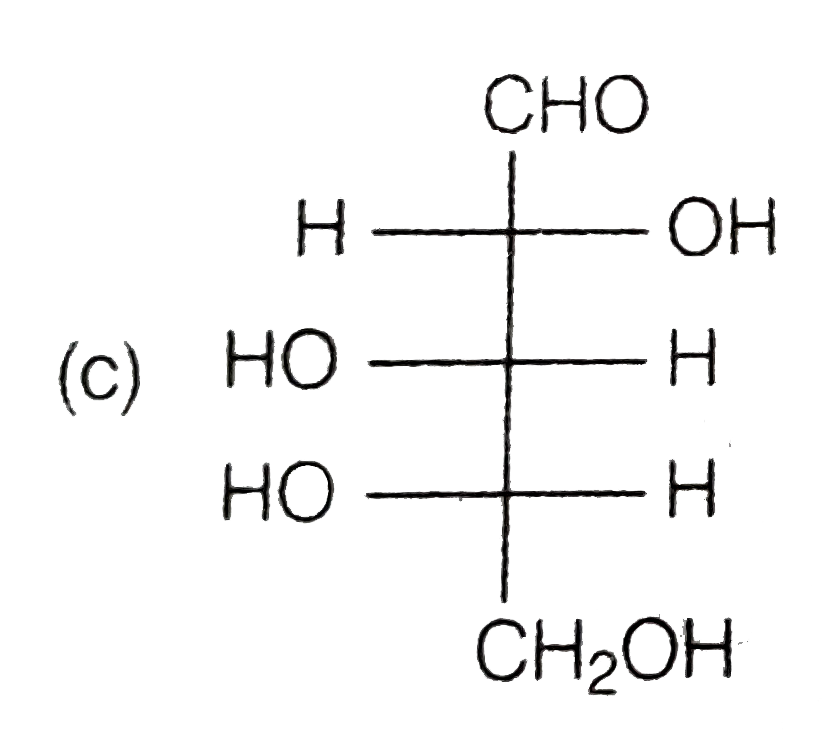 D
D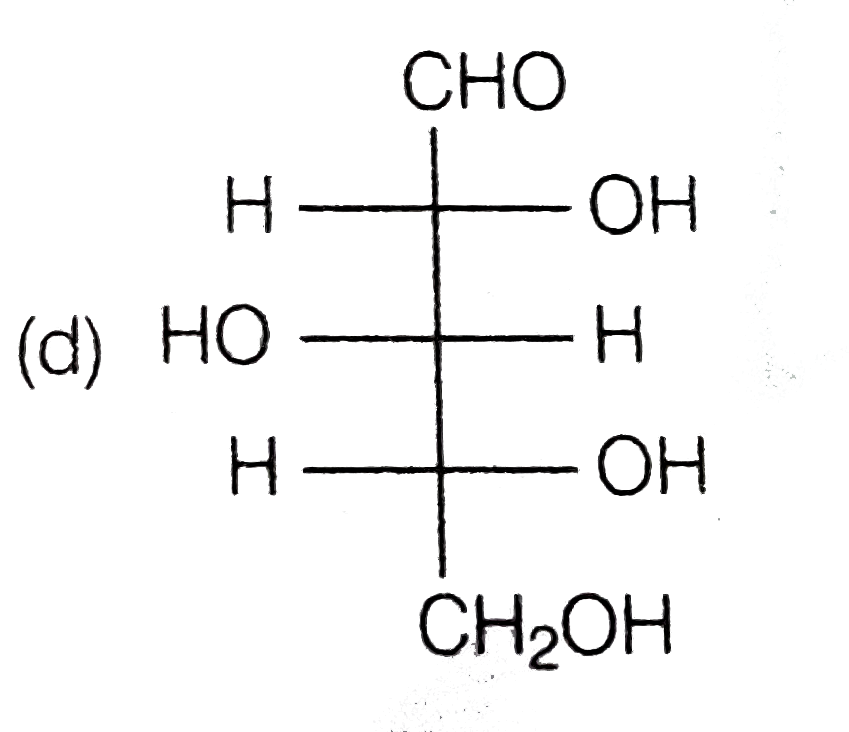
CH3−C≡C−CH3H2−−−−−−→Pd−BaSO4
(A) Br2−−→CCl4(B)AMesoBRacemic mixtureCDiastereomersDAll
In the following reaction, product P is R−O∣∣C−ClH2−−−−−−→Pd−BaSO4P
View SolutionANH2OH−−−−→BH2SO4−−−→C260−270∘C−−−−−−−−−→H2OD
If 'D' is a polymer nylon–6 then 'A' can be :
View SolutionIn the reaction sequence
CH3−O∣∣C−H−HCN−−−→.ΘOH(A)H2O/⊕H−−−−→Δ Product is/are :
View SolutionCH3−C≡C−CH3H2−−−−−−→Pd−BaSO4(A)D2−−→Ni(B)
Product (B) of above reaction is
View SolutionA Pci5−−→BPd/BaSO4−−−−−→cConc.H2SO4−−−−−−−−−→0∘C D in the above reaction A, B, C & D are :
View Solution
